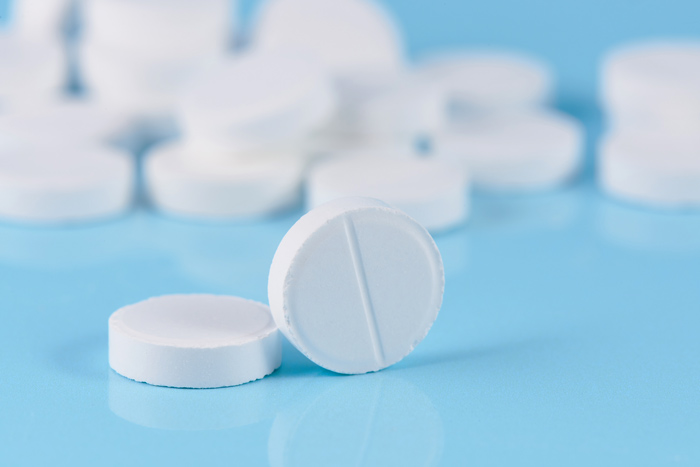When something has been part of our lives for a long time, it is easy to forget that it can be dangerous.
A Little History
Take, for example, the drug codeine. It was first isolated in 1830 (191 years ago!) and has been in continuous use as a cough suppressant and pain reliever ever since. Other common pain medications were created far more recently. Percocet was introduced, for example, in 1976. Vicodin arrived in 1978. And OxyContin hit the market in 1996.
So it is understandable if codeine is far from the first drug that comes to mind when you make a list of pharmaceuticals that might be misused in dangerous ways. You probably think nothing of it when your doctor prescribes codeine to help you battle a persistent cough or when you are given Tylenol with codeine after minor surgery to give a little more oomph to your pain management medication.
By and large, codeine is both safe and effective. Nevertheless, codeine belongs to the same class of drug as oxycodone, morphine, and heroin. It’s an opiate, and if it is misused, it can cause all kinds of problems. It can be dangerous in its own right, and it can serve as a gateway drug leading to the abuse of even more dangerous substances. When codeine is misused, a substance use disorder can easily develop.
You Already Know the Key Instructions
When it comes to codeine—and really to any prescription medication—the standard instruction is still the gold standard: always follow label directions.
Your physician and pharmacist will provide detailed instructions for how you should take the codeine you have been prescribed. They will make sure you know how often and in what amount and for how long you should take the drug. And they will let you know if any of your current medications might interact with codeine in a negative way. If any of that information is even a little bit unclear to you, ask for clarification.
Once you fully understand the instructions, you know the drill: use only as directed.
But What if You Don’t, in Fact, Follow the Instructions?
Codeine can cause feelings of euphoria or deep relaxation—the sorts of feelings someone might crave. At first, pursuing those feelings might mean taking more of the drug at a time or taking it more frequently. Eventually, upping one’s intake will require more of the drug than the prescription provides.
At that point, a person might schedule appointments with multiple doctors or forge prescriptions. They might look for codeine in their friends’ homes. Or they might look for an illegal source.
If they do turn to buying the drug “on the street,” it is likely a dealer will try to move them along to other drugs—like heroin, for example—by suggesting these other drugs offer the same kind of experience as codeine but at a much higher level of intensity.
Eventually, the Negative Outweighs the Positive
Taking more of the drug than prescribed will eventually cause the user to build up a tolerance to codeine, requiring more and more of it to reach the same level of high. That can be another cause of temptation to experiment with other drugs.
But even if you don’t fall into that particular trap, ongoing misuse of codeine can cause plenty of problems on its own. For example, it can cause ongoing drowsiness or apathy—meaning you just can’t find the motivation to keep up with your daily life.
Worse yet, the building up of a tolerance can mean that the drug will lose its effectiveness as a pain reliever for you. Other opioids may likewise become less effective as pain management tools. This can be a problem for most anyone who experiences pain at one time or another, but can be particularly difficult for anyone who suffers from chronic pain.
In some cases, the drug not only stops working to relieve pain but can also cause an increased sensitivity to pain. These negative outcomes replace any positive experiences you may have been having. That is why it is essential to stop misusing codeine as soon as possible.
The Aviary Can Help You Kick Codeine
You may have started with a persistent cough or some pain you needed help managing, but now you find yourself struggling with a substance use disorder centered on codeine—or on the drugs you started taking when codeine stopped delivering the feelings you wanted. The situation might seem hopeless.
But it isn’t. At The Aviary Recovery Center, we can help you put drug use behind you. We offer medically supervised detoxification and a rehabilitation program that includes both individual and group therapy.
In addition to tackling your substance use disorder with personalized, evidence-based care, The Aviary can also help you address any mental health disorders (like depression, anxiety, or trauma-based disorders) that may be an underlying factor in your drug use. Good mental health is a key to successful recovery.
We are ready to help.
(314) 464-0222. We’re here to help.










